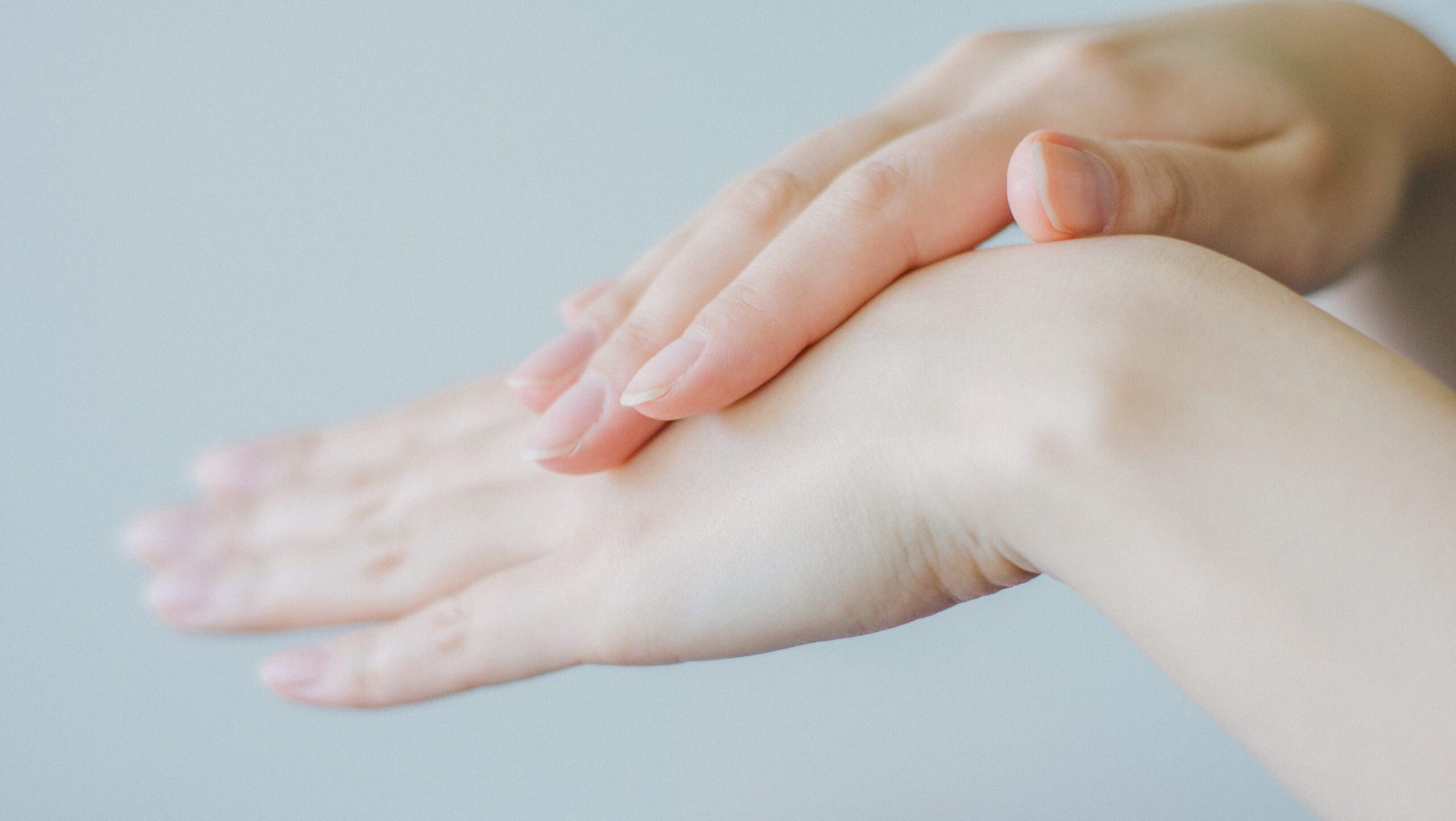
Your body’s skin is like a window that shows the stories of your life. The skin reveals your age and health at every life stage, from the blemishes of adolescence to the radiance of pregnancy to the wrinkles of old age.
The skin has several functions, making it the most versatile organ in the human body. Its principal function is to act as a barrier between the inside of your body and the germs, viruses, pollutants, and chemicals you encounter daily at work and at home.
Furthermore, the skin regulates internal body temperature, balances fluid levels, and limits moisture loss. Moreover, it also serves as a barrier and shock absorber, identifies pain to warn us of danger, and shields us from the sun’s ultraviolet (UV) rays.
The following skin care recommendations can help you eliminate wrinkles, achieve a beautiful glow, and keep your skin supple and smooth throughout the year.
Factors that Affect Your Skin
Several factors (internal and external) can affect your skin. Internal factors impacting the skin include heredity, age, hormones, and diabetes. Some of them you cannot control, but there are several external factors that you can.
External factors, such as unprotected sun exposure and excessive washing with hot or cold water, can cause skin damage. Diet, stress, lack of sleep or physical activity, dehydration, smoking, and some medicines can all hinder the skin’s ability to function as an efficient protective barrier.
How to Take Care of Your Skin in 2023?
Use Biologique Recherche lotion P50
Biologique Recherche lotion P50 is among the most potent anti-aging masks ever created. Additionally, it is an effective spot treatment for acne since the yeast lowers inflammation and redness. This mask contains a live yeast extract abundant in amino acids and Vitamin B, which cleanses, tones, and rejuvenates the skin.
In addition, this mask has astonishing effects – it smoothes the skin, minimizes pores, firms the skin, and reduces wrinkles. The thick paste controls sebum production, cleanses, and tightens pores, leaving the user with a more radiant, smooth complexion.
Eat a healthy diet
Moisturizers merely penetrate the skin, but aging occurs at a deeper cellular level. Your diet is more crucial to your skin than the products you use. Your diet can enhance your skin from the inside out; therefore, eating a healthy diet is the first step to a clean complexion.
The relationship between nutrition and acne is unclear; however, some evidence shows that a diet high in fish oil or fish oil supplements and low in harmful fats and processed or refined carbohydrates may improve younger-looking skin.
Keep stress under control
Have you ever seen an unattractive pimple on your face before an important event? Scientists have discovered a correlation between stress levels and skin disorders.
In a study of college students, individuals with high-stress levels were more likely to have skin difficulties such as:
- itchy skin
- hair loss
- flaky, greasy, or waxy spots on the scalp
- problematic sweating
- scaly skin
Other studies revealed that adolescents with high-stress levels were 23% more likely to suffer from severe acne. The researchers hypothesize that stress increases sebum, the greasy material that clogs pores, increasing the severity of acne.
Stress reduction might result in cleaner skin. If you believe stress affects your skin, consider strategies such as tai chi, yoga, and meditation.
Get good sleep
Getting adequate sleep to eliminate the dark bags under your eyes and enhance your skin tone for no cost. The National Sleep Foundation recommends that people sleep 7 to 9 hours each night. You may risk your health and skin if you regularly get less than seven hours of sleep every night.
Research suggests that sleep quality may substantially influence skin function and aging, adding to the health problems associated with chronic sleep deprivation (such as obesity, immunological inadequacy, diabetes, and cancer).
Individuals classified as poor sleepers had more visible symptoms of premature skin aging and a diminished capacity of their skin to heal itself at night from environmental stresses like sun exposure.
Regeneration of skin, muscles, blood, and brain cells occurs during deep sleep. Without sufficient sleep, the body cannot generate new collagen. Collagen protects your skin from sagging. Therefore, if you want to look your best, you should obtain a good night’s rest every night.
Shield yourself from the sun
Sun protection is one of the most critical methods to care for your skin. Exposure to the sun throughout life can lead to wrinkling, age spots, and other skin issues, raising one’s chance of developing skin cancer.
For excellent sun protection:
- Use sunscreen: Apply broad-spectrum sunscreen on your skin with a minimum SPF of 15. Apply sunscreen liberally and reapply it every two hours or more when swimming or sweating.
- Seek shade: You should stay out of the sun between 10 am and 4 pm when its rays peak.
- Wear protective apparel: Wear loosely woven long-sleeved shirts, long trousers, and broad-brimmed hats to cover your skin. You might also use sun protective apparel, designed to shield you from the sun’s rays, or laundry additives, which offer an extra layer of UV protection to your clothes for a certain number of washes.
Conclusion
There is no need to spend a fortune on skin care products if you want to maintain healthy, younger-looking skin. You can restore radiance to your skin’s dreary appearance in just a few easy steps.






